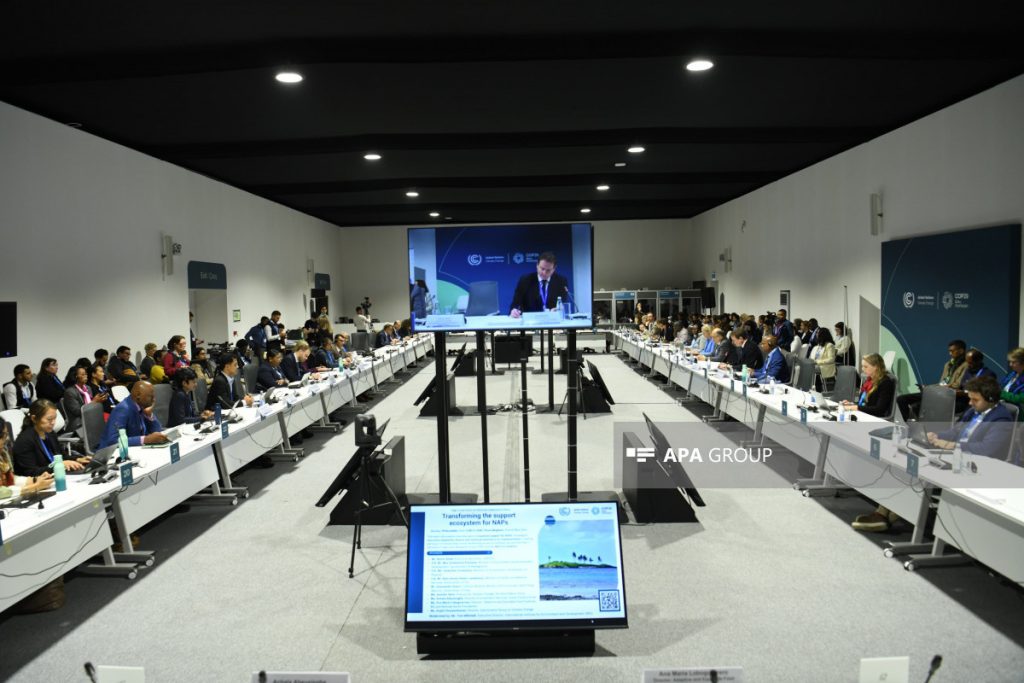Context:
Recently, India took part in the ‘Second Annual High-Level Ministerial Round Table on Just Transition’ at the CoP29 of the UN Climate Change Summit in Baku, Azerbaijan.
More about the news:
- The United Arab Emirates (UAE) ‘Just Transition Work’ programme was discussed among participating nations for its effectiveness in assisting in defining and implementing climate plans for sustainable development and poverty eradication.
- Parties are expected to discuss international cooperation and support for advancing their just transition pathways in the context of Nationally Determined Contributions (NDCs) and National Adaptation Plans (NPAs).
About Just Transition:
- A just transition is a framework that aims to ensure a fair and equitable transition to a low-carbon economy.
- It involves shifting away from carbon-intensive industries and practices, while also protecting the well-being of the communities and workers that depend on them.
India’s Stance on ‘Just Transitions’ at COP29:
Key Issues Raised by India:
- Unilateral Coercive Measures: Issue of actions that restrict trade and development opportunities for developing countries.
- Intellectual Property Rights (IPR): IPR on green technologies hinders access for developing countries.
- Carbon Debt: Developed countries owe a carbon debt for their overuse of the global carbon budget.
- Scientific Guidance: Climate science should be based on equity and environmental justice.
- Inequity in Climate Discourse: Addressing the disparity between the citizens of developed and developing countries.
- Sustainable Lifestyles: Promoting sustainable lifestyles, as agreed at the UN Environment Assembly.
- India called for discussions on these issues at COP29 to build trust and ensure an equitable transition. It argued that developed countries must lead in achieving net-zero emissions to free up carbon space for developing countries.
- India also stressed that just transitions require adequate implementation resources, with transitions in developing countries not seen as investment opportunities, but as a matter of justice. Equity, climate justice, and Common But Differentiated Responsibilities and Respective Capabilities (CBDR-RC) should guide discussions on transition pathways.
About the Conference of Party (COP):
- COP, or Conference of Parties, is the annual conference of the members of the United Nations Framework Convention on Climate Change (UNFCCC).
- UNFCCC is an international agreement, signed in 1992, that has provided a basis for climate negotiations.
Some key milestones of COP:
- Adoption of the Kyoto Protocol fixed setting binding emission reduction targets for developed nations.
- At COP21 in Paris in 2015, resulted in the momentous Paris Agreement—a legally binding international pact to restrict global temperatures to below 2 degrees Celsius.
- At COP26 in Glasgow (2021), the Glasgow Pact marked the first UN climate agreement to explicitly mention ‘coal’, committing to “phase down” its use and phase out “inefficient fossil fuel subsidies.”

